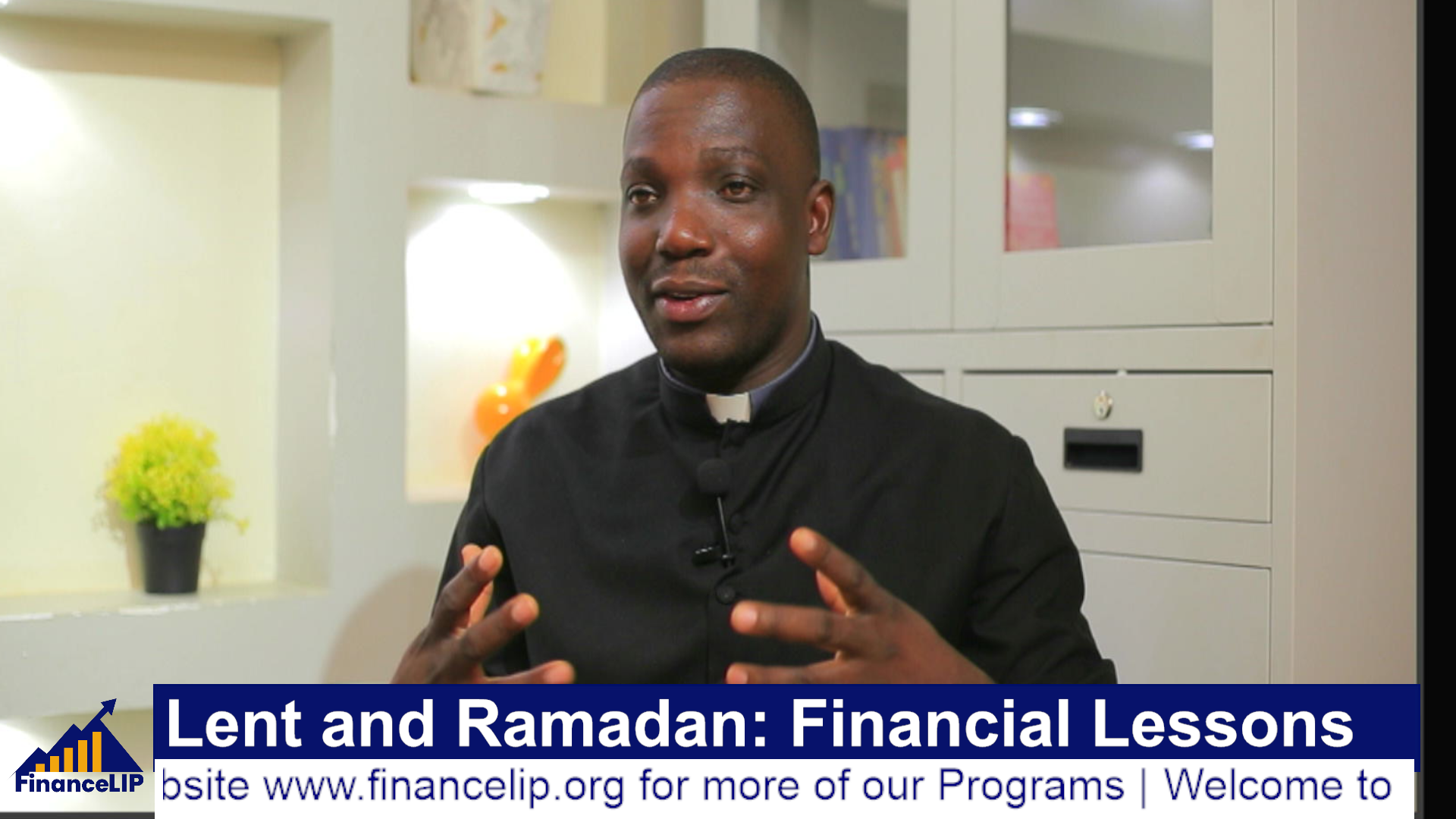Currently Empty: UGX 0

The article explores what financial goals are, why set financial goals, how you can go about setting financial goals, limitations to setting goals and how can you overcome them, what influences the choice of short, medium, and long-term financial goals, the questions must you address when setting personal financial goals and the 7 things to check and monitor about financial goals.
What financial goals are?
Many years ago, as we were going to the garden to dig, we met a gentleman and my late father asked him where he was going. He paused, smiled, and said, “by the way, where am I going?” He ended up being convinced to go and work with us in the garden. Did he have a goal for that day?
So, a goal is a specific objective or target to achieve an aspiration. Therefore, a financial goal is a specific money objective or target to achieve financial aspirations. For instance:
- Saving and investing a certain amount of money towards constructing your home in 5 years.
- Reducing the period of paying your debt from 5 years to 4 years.
- Building 3 months’ worth of your living expenses as an emergency fund in one year.
In other words, it’s your specific monetary road map to your financial aspirations.
Why set financial goals?
In a workshop I attended in 2009, the facilitator asked us the same question why set financial goals? We gave several reasons using a lot of English and she smiled and said all the stories you mentioned are in the acronym CIFA (Clarity, Inspire, Focus, Accountability).
- Clarity – direction and purpose for your financial future. With a goal, you will know where you are headed. For instance, increase your side hustle income from 10% to 20% of your salary by 2025.
- Inspire –motivate and create urgency to your deadlines.
- Focus – Prioritise and do not be everywhere.
- Accountability—Monitor and evaluate your performance. Check whether you have achieved 100%, 50%, or 20%, and take any required collective actions.
Once you appreciate why set financial goals, you need intense desire to go a head to set and implement your goals. For instance, how do you go about setting an intense desire to build a home in five years?
This is where the issue of being committed and interested comes in. I want to tell you, there is a big difference between being committed and being interested.
When you are committed you will have no excuses, you will continue to explore means and ways despite any obstacles you face to move forward. But when you are just interested, anything else can interest you and you will create excuses to abandon the goal.
You need to make sure you have an intense desire and are committed to your goals.
How do you go about setting financial goals?
- Reflect on your long-term vision and values.
- Break big goals into smaller, actionable steps.
- Use a goal-setting framework (SMART, FAST, BHAG,).
- Write down your goals for better commitment.
- Set deadlines to create urgency.
- Review progress regularly and adjust as necessary.
Limitations to setting goals and how can you overcome them?
- Lack of intense desire and commitment –GPS method – example
- Unrealistic expectations –Brake into small tasks that can be done to avoid – frustration and abandonment.
- Lack of flexibility – Not responding to implementation dynamics which may affect financial plans. –change approach and make adjustments as and when required but remain focused on the goal.
- Procrastination– Delaying the process of starting or maintaining progress toward financial goals. –Take consistent actions despite any obstacles. Martin Luther King Jr.’s philosophy of fly, run, walk, and crawl but keep moving forward.
- Changing environment: –Keep track of changes in internal & external environment. Don’t fear risk, plan and anticipate risks.
What influences the choice of short, medium, and long-term financial goals
- Time –what you want to achieve in 1 yr, 1yr to 5yrs, 5yrs & more.
- Risk– short-term requires almost the same level of performance, medium-term looks ahead and involves a little more uncertainty. While long-term involves having a much bigger picture and taking more risks. Uncertainties increase with the more you move into the future.
- Commitment/desire /perseverance – as you plan more into the future, you need more resolve and patience.
What are key concerns around setting goals
- Limited or no time to research your financial goals–seek help to save time navigating how to go about setting financial goals.
- Waiting for the right time to invest –if you have never invested, learn something, then start small, and learn more as you go along.
- Finding the right financial advice from the right people–research shows that many people struggle with –self-doubt on how to invest, where to invest, and how to manage the risk of the investment. Access financial advice from FinanceLIP Coaching Program
What questions must you address when setting personal financial goals?
- Is this financial goal essential?
- Why should you prioritize this goal?
- How does this goal make you feel?
- What do you value most in this goal, can you do away with it and still live normally?
- What can you realistically achieve with this financial goal?
7 things to check and monitor about financial goals
- Define what you need to do to achieve with your goal. List them down.
- Identify what may limit you from achieving your goal.
- State what you can do to address the limitation(s) in (2) above.
- Identify how you will know that you have achieved your goal.
- Select person(s) who can help or support you to achieve your goal.
- Identify the person(s) that have achieved a similar or related goal.
- Understudy the personalities in (6) above, and observe what they do differently. Learn and practice some of the things you admire from them, and start to include them in your routine life.
Remember, our priority is to financially learn, be inspired and perform.



